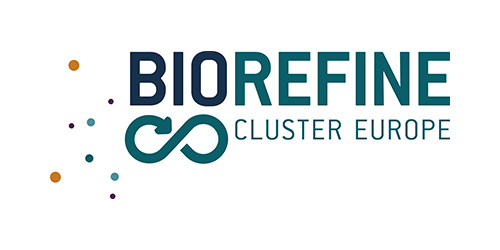Nutri2Cycle Lighthouse Network: Demonstrating nutrient and carbon recycling in EU agriculture in practice
30/03/2022
The Nutri2Cycle project aims to close the existing carbon (C), nitrogen (N), phosphorus (P) flows, proposing an integrated approach to create a more efficient and sustainable farm business models for nutrient recovery and recycling. With the aim to put theory in action, the Nutri2Cycle consortium is organizing a series of webinars, which are intended to present the lighthouse prototypes of nutrient management approaches and innovation. The lighthouse demos will demonstrate the research outcomes at relevant pilot, field, farm scale in order to assess the technical feasibility of the proposed solutions and favor their transferability across the EU regions.
25/08/2021
“Strategic challenge of the locking of Carbon/Nitrogen/Phosphorus cycles in France: an interview with Mr. Thomas Nesme.
Thomas NESME, professor in agronomy at Bordeaux Science Agro and working at the joint research unit (UMR) ISPA at INRAe (France’s National Research Institute for Agriculture, Food and Environment). More specifically he coordinates a task force on the role of agriculture in the flow of mineral elements (carbon, phosphorus, and nitrogen) from the territory scale to the planet-scale.
During an interview on June 8, 2021, many topics were discussed between his working group and the N2C project.
- Understanding the diversity of effluents proposed for recycling:
Starting from the observation that the diversity of effluents offered for recycling, already significant both in terms of raw materials and treatment methods, is increasing, INRAe is interested in the development of chains effluent/residue treatment. The resulting products, which present complex biochemical compositions, are studied according to their fertilizing properties and their behavior in soils.
- To evaluate the environmental impact of recycling:
Potential environmental consequences are the risks of soil contamination, studied according to their nature (trace elements or organic micro-pollutants), the carbon footprint, with life cyclessessment, recycling, and greenhouse gas emissions.
- To build recycling scenarios in the territories:
INRAe wishes to design a method for creating recycling scenarios in rural or urban areas. INRAe wants to go beyond the sole point of view of recycling effluents to work on the cycling of elements and the circularity of resources, in particular by using the local food resources for breeding farms, by regionalising food, after identification of imported resources.
As subjects related to these three main themes, INRAe also studies
• the effect of improving elementary cycles by agriculture form such as organic farming or soil conservation agriculture;
• The risks of competition for use in effluents;
• The transformations of agricultural production systems prompted by service actions for recycling elements.
Many INRAe research centers participate in this task force : Bordeaux, Dijon, Grenoble, Laon, Montpellier, Nancy, Narbonne, Rennes, Toulouse, Versailles.”
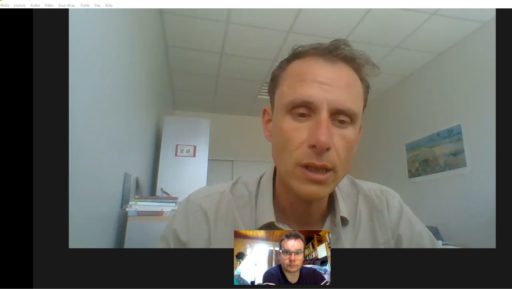
“Strategic challenge of the locking of Carbon/Nitrogen/Phosphorus cycles in France: interview with Mr Thomas Nesme.
Thomas NESME, professor of agronomy at Bordeaux Science Agro (Institute of Agricultural Sciences of Bordeaux), belongs to the joint research unit (UMR) ISPA at INRAe (France’s National Research Institute for Agriculture, Food and Environment). He coordinates an INRAe task force about the role of agriculture in the flow of mineral elements (carbon, phosphorus and nitrogen) from the territory scale to the planet scale.
During an interview on June 8, 2021, we discussed about mutual topics between his working group and the N2C project.
Understanding the diversity of effluents proposed for recycling:
Starting from the observation that the diversity of effluents offered for recycling, already significant both in terms of raw materials and treatment methods, is increasing, INRAe is interested in the development of chains effluent / residue treatment. The resulting products, which present complex biochemical compositions, are studied according to their fertilizing properties and their behavior in soils.
To evaluate the environmental impact of recycling:
The envisioned environmental consequences are the risks of soil contamination, studied according to their nature (trace elements or organic micro-pollutants), the carbon footprint, with life cycle analyzes of practices, recycling, and greenhouse gas emissions.
To build recycling scenarios in the territories:
INRAe wishes to desing a method for creating recycling scenarios in rural or urban areas. INRAe wants to go beyond the sole point of view of recycling effluents to work on the cycling of elements and the circularity of resources, in particular by using the local food resources for breeding farms, by regionalising food, after identification of imported resources.
As subjects related to these three main themes, INRAe also studies
• the effect of improving elementary cycles by agriculture form such as organic farming or soil conservation agriculture;
• The risks of competition for use in effluents;
• The transformations of agricultural production systems prompted by service actions for recycling elements.
Many INRAe research centers participate in this task force : Bordeaux, Dijon, Grenoble, Laon, Montpellier, Nancy, Narbonne, Rennes, Toulouse, Versailles.”
Nutrient recycling efficiency using bio-based organic fertilisers
30/03/2021
17/12/2020
“On december 3, a webinar about the agricultural use of fertilising products of residual origin (called “MAFOR”) in France took place. It was organised by the Chamber of agriculture of Charente-Maritime and the Permanent Assembly of Chambers of Agriculture for the network of experts in nutrient recycling from the Chambers of agriculture and departemental councils, to overview the regulation situation and the knowledge level about bio-based fertilising products use. The morning was focused on the French situation, with interventions about the regulation, the standardization and the research. The afternoon dealed with the European situation, with two interventions bout the N2C project. Aurore Assaker from Ghent University presented the whole project and its challenges and David Fangueiro presented the research topics led by ISA of Lisboa within N2C project. The end of the webinar brougth a very good feedback about the N2C project presentations. The membership main majority of the French NTF was present to the webinar.”
30/06/2020
Nutri2Cycle at the RRB conference and the Biobased market
27/02/2020
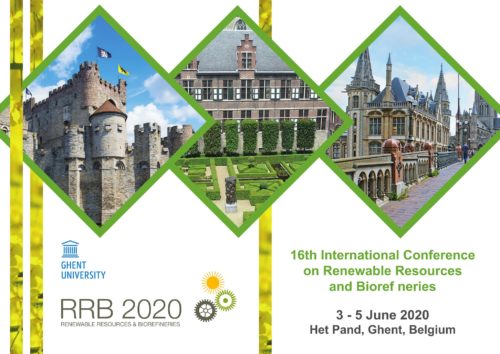
The 16th edition of the International Conference on Renewable Resources & Biorefineries (RRB) will take place in Ghent, Belgium from Wednesday 3 June until Friday 5 June, 2020. Delegates from university, industry, governmental and non-governmental organizations and venture capital providers will present their views on industrial biotechnology, sustainable (green) chemistry and agricultural policy related to the use of renewable raw materials for non-food applications and energy supply.
A Biobased Market is taking place on the second day of the RRB conference, June 4th, from 17h where companies, institutes, start-ups and projects will be able to show their biobased products and innovations to the RRB community.
N2C will be present at both the RRB conference and the Biobased Market.
Learn more about RRB conference and the biobased market here
IRTA presents the technical Workshop “European Initiatives for Nutrient in Agro-food Systems” within the framework of the European H2020 projects Circular “Agronomics” and “Nutri2Cycle”
17/02/2020
test Vinc
25/06/2015
Lorem ipsum dolor sit amet, consectetur adipiscing elit. Phasellus vel bibendum erat. Sed vehicula enim magna, vel condimentum sapien luctus id. Phasellus feugiat vestibulum volutpat. Ut metus sapien, interdum nec orci vitae, vulputate porta sapien. Suspendisse sit amet odio velit. Donec facilisis maximus nisi, quis porta enim lobortis at. Class aptent taciti sociosqu ad litora torquent per conubia nostra, per inceptos himenaeos. Class aptent taciti sociosqu ad litora torquent per conubia nostra, per inceptos himenaeos.
Aenean feugiat ante eget arcu lobortis, quis pulvinar metus euismod. Nullam porttitor mauris eu sem pellentesque, quis consectetur nulla placerat. Proin mollis blandit neque, in tincidunt felis imperdiet nec. Phasellus quis risus congue, vulputate turpis id, sollicitudin ligula. Maecenas ut mauris ante. In non ornare leo. Quisque lacinia est sit amet massa suscipit blandit.
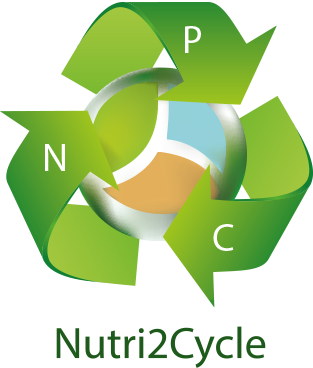
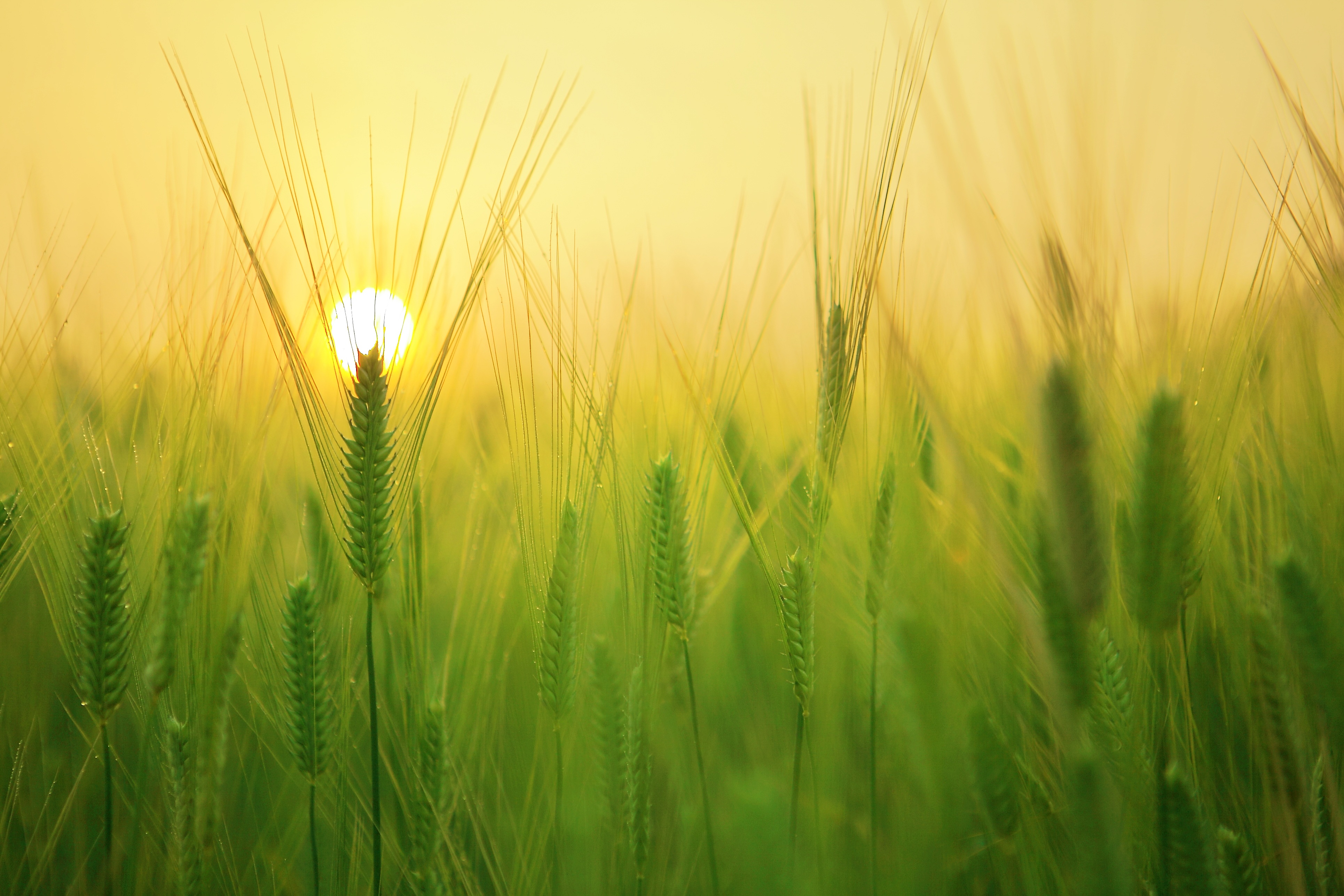

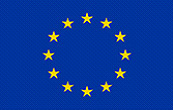 This project has received funding from the European Union’s Horizon 2020
This project has received funding from the European Union’s Horizon 2020